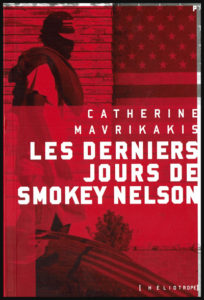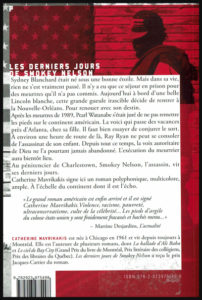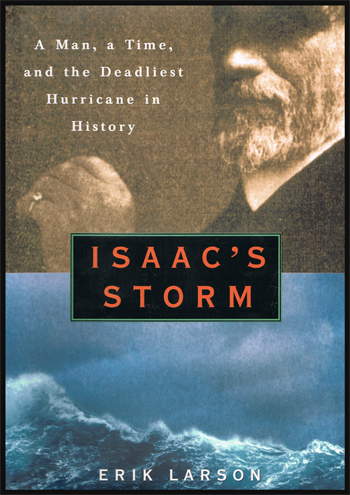Catherine Mavrikakis dedicates her French novel “Les derniers jours de Smokey Nelson” to those “who die murdered by the governments of numerous States of America”. She also wishes to underline the work of “David R. Dow who, in Texas, tries to save them”. [my translation]
The author presents the faults of Middle America with, in the background, the sordid murders of of a family of four people in a motel, twenty years ago. Details of the crime are only incidental in the novel.
The crime is the opportunity for the author to present the very different lives of the people who were directly impacted by the drama. Through the personal history of these people are expressed the fear and the imbalances of the Americans. Catherine Mavrikakis has an original way of presenting the injustices lived because of a different skin color. She also skillfully develops on religious habits, mental illness, drug and alcool abuse, lack of education and extreme gaps in wealth among American citizens.
Another theme presented in the novel is the fear of their own government by many Americans who see it as a potential enemy and against which one must protect himself using firearms if necessary. An American citizen, like Timothy McVeigh, becomes a terrorist as he is so absolutely sure of “ the conspiracy of the State against his beliefs” [my translation].
The novel also addresses the difference of treatment between Blacks and Whites in front of justice. This really is not a surprise. There are far more Blacks in jail than there are Whites, and far more that end up in the death row too.
The inequality of treatment between Blacks and Whites is also raised by the author when she brings back to memory the damages caused by the Katrina hurricane and the questions surrounding the destruction of the dams protecting the different neighborhoods.
Rumours are that some dams were volontarily destroyed in order to control the trajectory of the flooding. The will to protect wealthy neighborhoods, mostly inhabited by Whites, would have caused the destruction and flooding of the Lower Ninth Ward district, where a majority of Blacks were living. It is up to the reader to determine whether a further research is justified.
Some sections in the novel marvelously summerize the contradictions present in the religious discourse. On numerous occasions the reader witnesses a God proned to bragging, in front of which humans must prosternate in order to celebrate “His Glory”. A God approving the use of violence and justifying radical actions in order to win over a Satan who, sometimes, takes the liberty to take a break. This short absence is always an occasion not missed by God to fully shine.
At the end of the book, the death row inmate, after having taken a last hearty meal, reflects on the pertinence of meeting a priest before being executed. He has this snarky remark: [my translation] “A pastor is like a steak, at the last moment, it can’t be refused”.
Title : Les derniers jours de Smokey Nelson
Author : Catherine Mavrikakis
Edition : Héliotrope
© 2014
ISBN : 978-2-923975-49-8
For other novels, click on the following link:


